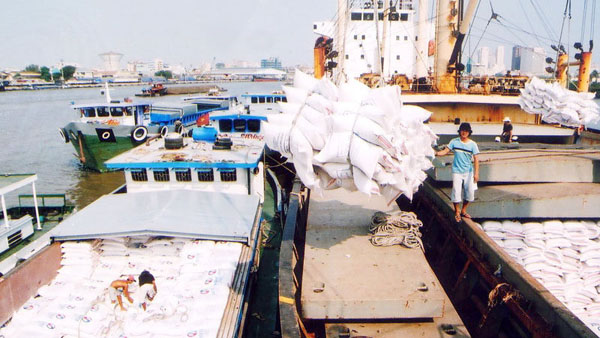


|
Experts,
at conference on November 2, stated that the trade pact will eliminate
tariffs on 99.2% of Vietnamese exports but warned that domestic enterprises
may fail to enjoy such preferential treatment if they do not take the
necessary steps immediately.
Expert
Phan Duc Hieu from the Central Institute of Economic Management said that the
EVFTA is anticipated to boost investment and technological innovations,
thereby helping to improve productivity across many sectors, thanks to its
broad scope of commitments.
The trade
pact was concluded in 2015 and is currently in the process of ratification.
According
to Claudio Dordi, leader of the EU’s trade assistance project in Vietnam, the
EU has a strict consumer protection policy with high technical barriers on
foreign imports, therefore Vietnam should be prepared to deal with these
barriers, especially with regards to the rules of origin, before the trade
agreement comes into effect.
Former
Trade Minister Truong Dinh Tuyen said that Vietnam also faces difficulty in complying
with the regulations on intellectual property rights, labour and the
environment as, while Vietnamese enterprises are quite apathetic concerning
intellectual property rights, this is one of the EU’s top requirements.
In
addition, Vietnam’s agricultural products will face hurdles due to food
safety regulations as pesticide residues remain high and the quality of
exports is inconsistent due to poor harvest and storage practices.
According
to experts at the conference, Vietnam, given its limited resources, should
concentrate on a number of sectors that the country is strong in, such as
garments, footwear and the assembly of electronic devices.
Moreover,
Vietnam needs to continue fine-tuning its legal frameworks in order to meet
the regulations on labour, intellectual property rights and the environment.
Meanwhile,
measures are needed to enhance the quality of the workforce and step up trade
promotion activities to further expand the EU market.
|
Source: NDO